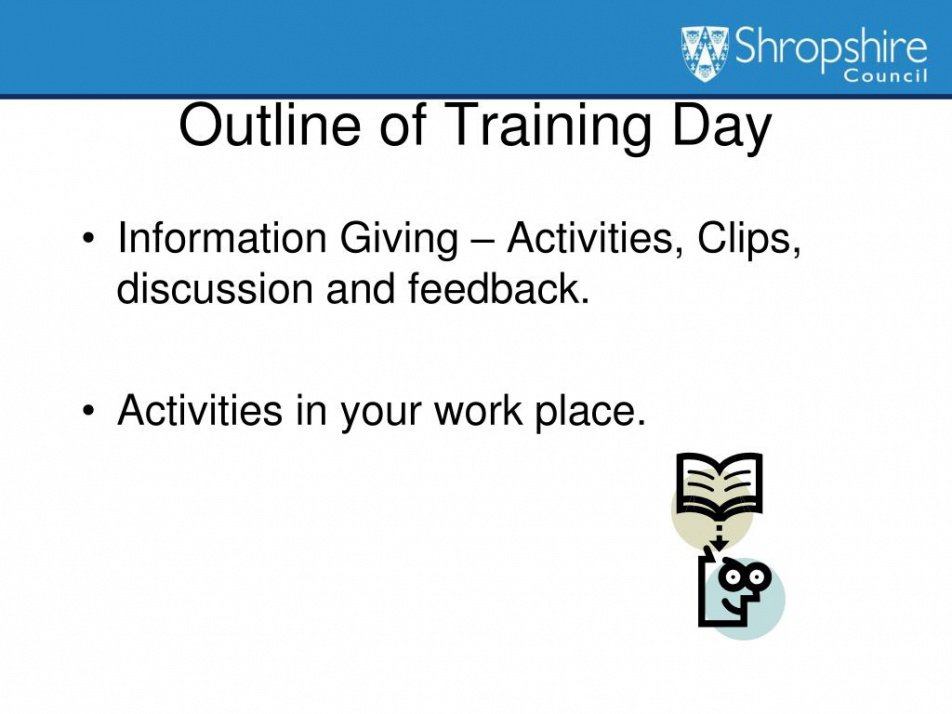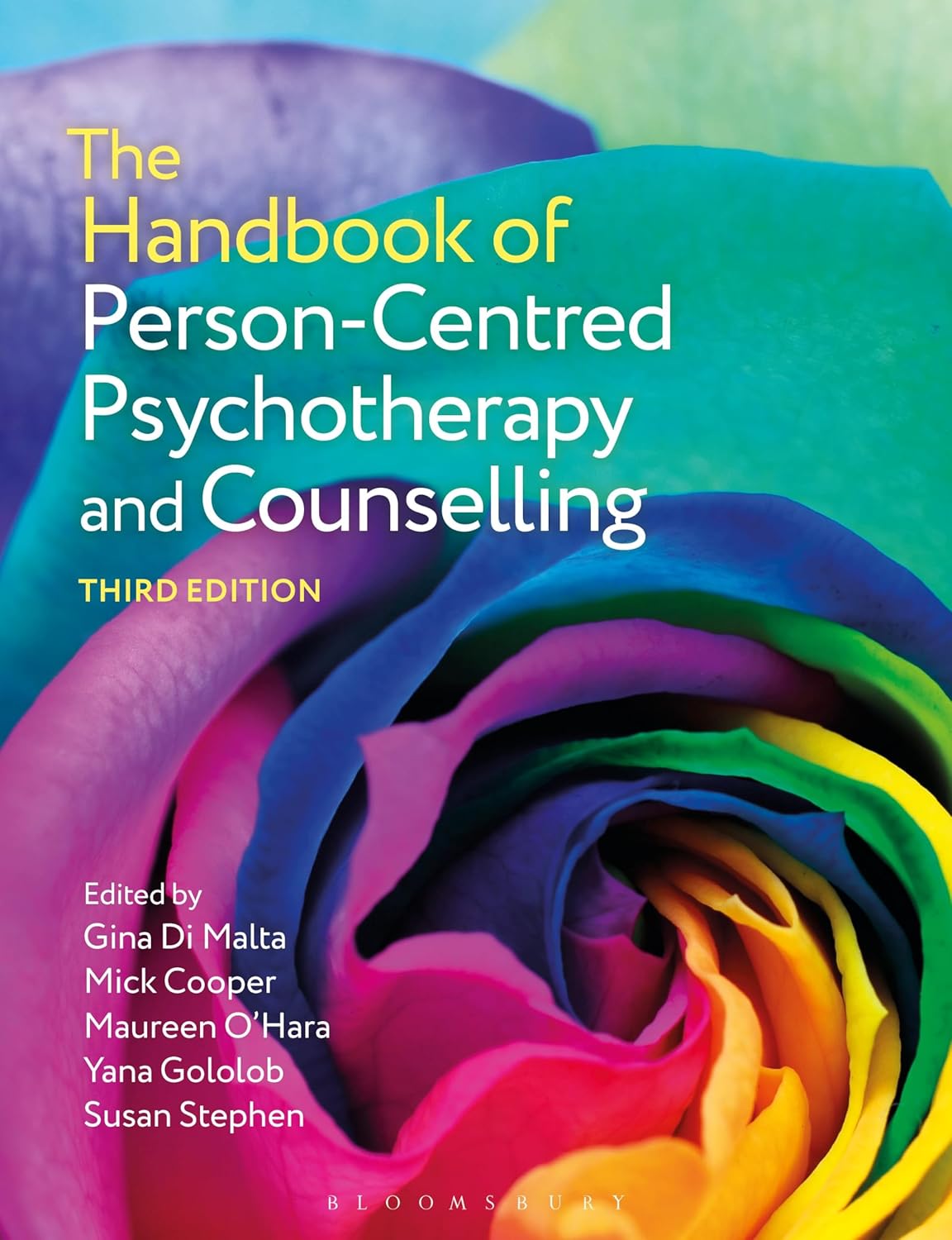Avoid Costly Mistakes! Download Your FREE Person-Centred Counselling Contract Template NOW (Protect Yourself!)
Meta Title: Person-Centred Counselling Contract: FREE Template & Protection
Meta Description: Protect yourself and your clients! Download a FREE person-centred counselling contract template. Learn about essential clauses and avoid costly mistakes.
Introduction:
Starting a counselling practice, or even just offering your services, can be incredibly rewarding. Helping others navigate their challenges is a privilege. However, navigating the legal and ethical complexities surrounding counselling can be daunting. One crucial element often overlooked, especially by newly qualified or solo practitioners, is a comprehensive and legally sound counselling contract. This article will explain why a well-crafted person-centred counselling contract is essential, outline key components, and offer you a FREE Person-Centred Counselling Contract Template to help you get started. This will help you protect yourself and your clients, avoiding costly mistakes down the line.
Why a Counselling Contract Matters
A counselling contract isn’t just a piece of paper; it’s a vital foundation for a successful and ethical counselling relationship. It serves multiple purposes:
- Sets Clear Boundaries: It clearly defines the roles, responsibilities, and expectations of both the counsellor and the client. This minimizes misunderstandings and potential conflicts.
- Promotes Informed Consent: It ensures the client understands the nature of the therapy, including its limitations, potential risks, and the counsellor’s approach.
- Protects Both Parties: It legally protects both the counsellor and the client by outlining terms of service, fees, confidentiality, and cancellation policies.
- Facilitates Trust: A well-defined contract fosters trust and transparency, creating a safe and supportive environment for the client.
- Ethical Practice: Adhering to a contract demonstrates a commitment to ethical practice, aligning with guidelines from professional bodies such as the British Association for Counselling and Psychotherapy (BACP) or the American Counseling Association (ACA).
Key Components of a Person-Centred Counselling Contract
While the specifics of a contract may vary, depending on your location and practice style, certain core elements are essential. Here’s a breakdown:
1. Introduction and Parties Involved
- Clearly state the purpose of the contract.
- Identify both the counsellor and the client (or the client’s legal guardian if applicable).
- Include the counsellor’s professional qualifications and credentials.
2. Nature of the Counselling Relationship
- Describe the person-centred approach and its core principles (e.g., empathy, congruence, unconditional positive regard).
- Explain the goals of therapy and how they will be collaboratively defined.
- Outline the counsellor’s role and responsibilities.
3. Client Responsibilities
- Explain the client’s responsibilities, such as attending sessions regularly, being open and honest, and actively participating in the therapeutic process.
- Include information about the client’s right to ask questions and express concerns.
4. Confidentiality and Its Limitations
- This is a critical section. Clearly define confidentiality and its exceptions.
- Explain when the counsellor is legally or ethically obligated to break confidentiality (e.g., risk of harm to self or others, legal proceedings).
- Address the use of supervision and how confidentiality is maintained in that context.
- Mention any limitations related to online counselling (if applicable).
5. Fees and Payment Arrangements
- Clearly state the hourly or session fee.
- Outline payment methods and schedules.
- Explain the policy on missed sessions, late payments, and cancellation fees.
- Specify the duration of sessions.
6. Session Logistics
- Provide details about session duration and frequency.
- Explain how to contact the counsellor between sessions (e.g., email, phone).
- Address the procedures for rescheduling or cancelling appointments.
7. Termination of Counselling
- Explain the process for ending therapy, either by mutual agreement or by the counsellor or client.
- Outline the reasons for termination, such as the client reaching their goals or the counsellor’s inability to provide effective services.
- Include information about referral options if appropriate.
8. Complaints Procedure
- Provide information on how a client can lodge a complaint if they are dissatisfied with the service.
- Include contact details for relevant professional bodies (e.g., BACP, ACA).
9. Data Protection
- Comply with data protection laws (e.g., GDPR in Europe, HIPAA in the US).
- Explain how client data is stored and protected.
- Obtain the client’s consent to store and process their data.
10. Signatures and Dates
- Provide space for both the counsellor and the client (or guardian) to sign and date the contract, signifying their agreement to the terms.
Remember: This is a general overview. You should always tailor your contract to your specific practice and consult with a legal professional to ensure it complies with all relevant regulations in your jurisdiction.
Using Our FREE Person-Centred Counselling Contract Template
[Insert Link to FREE Person-Centred Counselling Contract Template Here]
[Important Note: Replace this bracketed text with the actual link to your free template. It could be a downloadable PDF, a Google Docs link, or a page with a contact form where users can request the template.]
Our free template provides a solid foundation. However, remember to:
- Review and Customize: Carefully review the template and adapt it to your specific practice, including your fees, cancellation policies, and any specific approaches you use.
- Seek Legal Advice: While the template is designed to be comprehensive, consider consulting with a legal professional to ensure it meets the legal requirements in your jurisdiction.
- Explain the Contract Clearly: Discuss the contract with your clients during the initial session, answering any questions they may have. This ensures informed consent and builds trust.
- Regularly Review and Update: Review your contract periodically to ensure it remains current and reflects any changes in your practice or legal requirements.
Avoiding Costly Mistakes: Real-World Examples
- Scenario: A client misses several sessions without notice and refuses to pay the cancellation fee.
- Solution: A clear cancellation policy in the contract protects you financially.
- Scenario: A client alleges a breach of confidentiality.
- Solution: A well-defined confidentiality clause, outlining exceptions and procedures, can protect you legally.
- Scenario: A client claims they didn’t understand the scope of the counselling.
- Solution: A detailed contract that clearly explains the counselling process, goals, and your approach helps avoid misunderstandings.
Conclusion: Protect Your Practice and Your Clients
Creating and using a comprehensive person-centred counselling contract is not just a formality; it’s a cornerstone of ethical and professional practice. By clearly outlining the terms of your relationship with clients, you protect yourself from potential legal issues, promote transparency, and build trust. Download our FREE Person-Centred Counselling Contract Template today ( [Insert Link to FREE Person-Centred Counselling Contract Template Here] ) and take the first step towards a more secure and successful counselling practice. Remember to always seek legal advice to ensure your contract is compliant with local regulations. [Consider linking to reputable legal resources for therapists here]. Investing in a well-crafted contract is an investment in your future and in the well-being of your clients.




